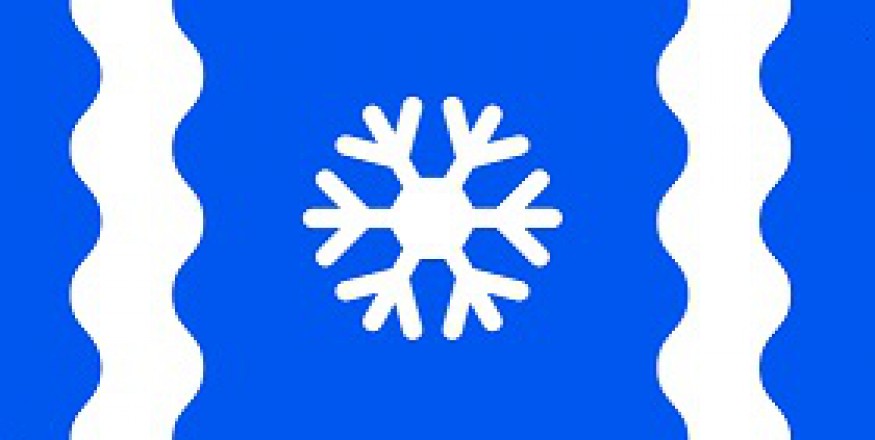Ask a Xelhan what they do for New Years and you get the expected response; fire works, food, revelry. But there is one other thing that Xelhans of all ages look forward to as well. The Poakatoa Bags. The term is derived from the Xelhan term meaning Lucky Pack. But what are Poakatoas you ask? They are basically grab bags sold by merchants at the end of the year. Their contents vary and depend largely on where you are buying them from. The tradition started in 1950 just after the Civil War. Backstreet Buns was desperate to attract new business following the war and get back up and running. So they devised the original Poakatoa bags and filled them with random baked goods. The catch was that instead of selling them at the value of the contents, all bags would be available at a set price regardless of contents. This meant customers could pay full price for baked goods, or they could risk buying a bag that was much cheaper, but might not be what they wanted. They were successful, largely due to people being more concerned with saving money than being picky about the contents. The idea caught on, but the novelty quickly wore off, so it was thought to begin selling them around New Years.321Please respect copyright.PENANAEE7ZPltQdH
This had two positive side effects. The first is it allowed stores to sell any left over surplus stock easily to make room for new incoming inventory for the new year. The second was that because it happens on New Years, getting a good haul was seen as good luck to start the year.
In modern times, almost every shop in Xelha sells these little bags, often in custom made bags. Originally these were paper bags, and many stores still issue them in paper bags, but some are starting to use cloth bags as well. The contents of the bags are often not decided until the last minute, and are usually packed off site, so front line staff, even when questioned by customers, can't tell what's exactly in them. With the advent of social media, Bleettweet and Toppages are usually filled with people posting where they got their bags from and what was inside of them. Some have taken to buying from the same shop each year, while others shift around the different shops trying their luck. The prices of the bags too are different, depending on where you get them. More expensive bags tend to have chances for more expensive products, though the price of the bag will never exceed the price of the median item's price. One poster last year showed a collection of Markson Land Themed Baby Supplies from the bag they brought at Bouncing Babies. They did say this was one of the more expensive bags, but it still wasn't more than just one item in the bag, let alone all six of them together. Another person two years ago posted that they got tea, coffee and sponge cake from a Two Lumi bag they brought at Knight's Koffee. The most expensive Poakatoa we found being prepped this year was at Crown Jewelry. They had one there for eight hundred Lumi, though with the chance to net yourself that necklace or sapphire ring you always wanted, it's probably worth the gamble.
Regardless of if you get what you want or not, the day after, people often will barter and trade with friends or family to exchange for things they don't want. Aira International even sets up a small section of their site and works with Market Boards and Teh Pawnage Shop to help facilitate long distance trading between people. They of course waive the shipping fees and only charge you to put up the items for sale. This way, no matter your luck of the draw, everyone gets as close to being a winner as they can.321Please respect copyright.PENANAg7LxnyTYOR






















